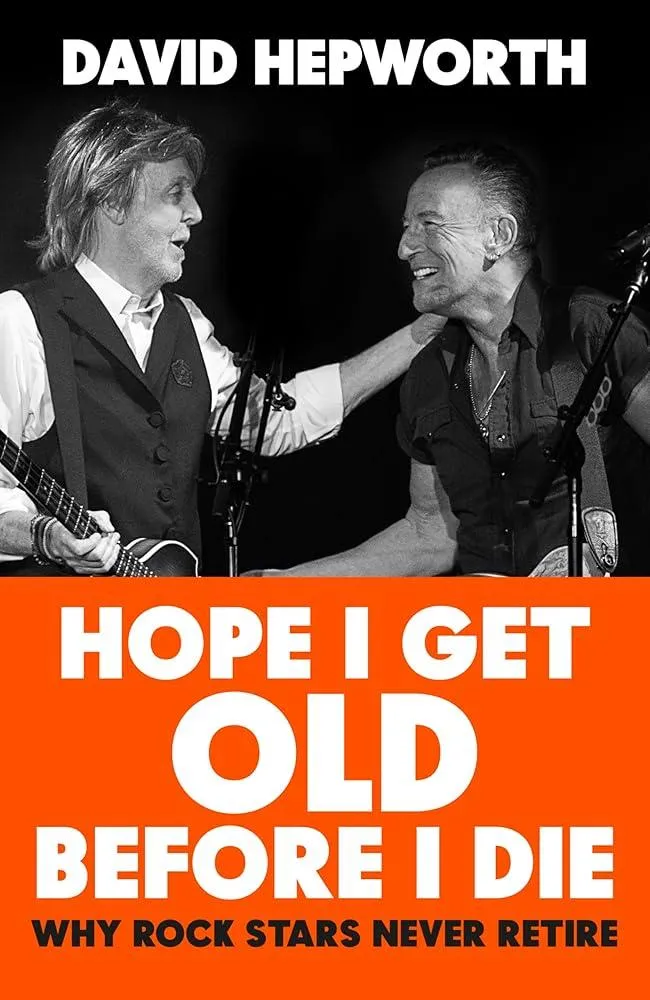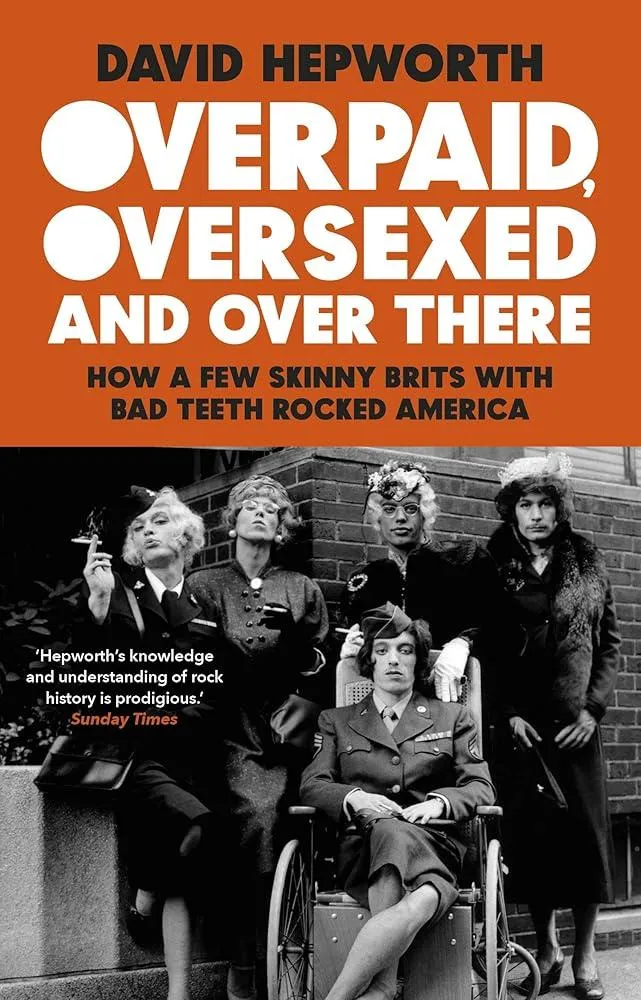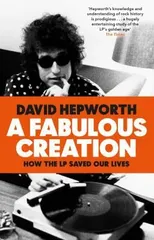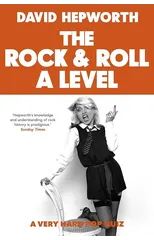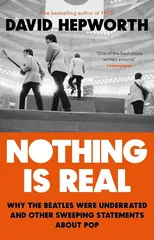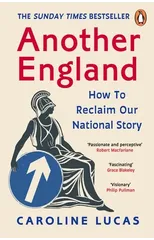Hope I Get Old Before I Die
Why rock stars never retire
(Author) David HepworthWhen Paul McCartney closed Live Aid in July 1985 we thought he was rock's Grand Old Man. He was forty-three years old. As the forty years since have shown he - and many others of his generation - were just getting started. This was the time when live performance took over from records. The big names of the 60s and 70s exploited the age of spectacle that Live Aid had ushered in to enjoy the longest lap of honour in the history of humanity, continuing to go strong long after everyone else had retired. Hence this is a story without precedent, a story in which Elton John plays a royal funeral, Mick Jagger gets a knighthood, Bob Dylan picks up the Nobel Prize, the Beatles become, if anything, bigger than the Beatles and it's beginning to look as though all of the above will, thanks to the march of technology, be playing Las Vegas for ever.
David Hepworth
David Hepworth is a British journalist, author, and broadcaster known for his insightful commentary on music and popular culture. He has written for numerous publications, including The Guardian and Q magazine, and has authored several books on music history and the industry.
Hepworth's writing style is characterized by his deep knowledge and passion for music, as well as his ability to convey complex ideas in an engaging and accessible manner. He is a respected voice in the field of music journalism, and his work has had a significant impact on the genre.
One of Hepworth's most famous works is "1971: Never a Dull Moment," a book that explores the cultural significance of the music released in that year. The book has been praised for its meticulous research, sharp insights, and compelling storytelling, cementing Hepworth's reputation as a leading authority on music history.
Overall, David Hepworth's contributions to literature have enriched our understanding of music and its impact on society, making him a revered figure in the world of music journalism.
